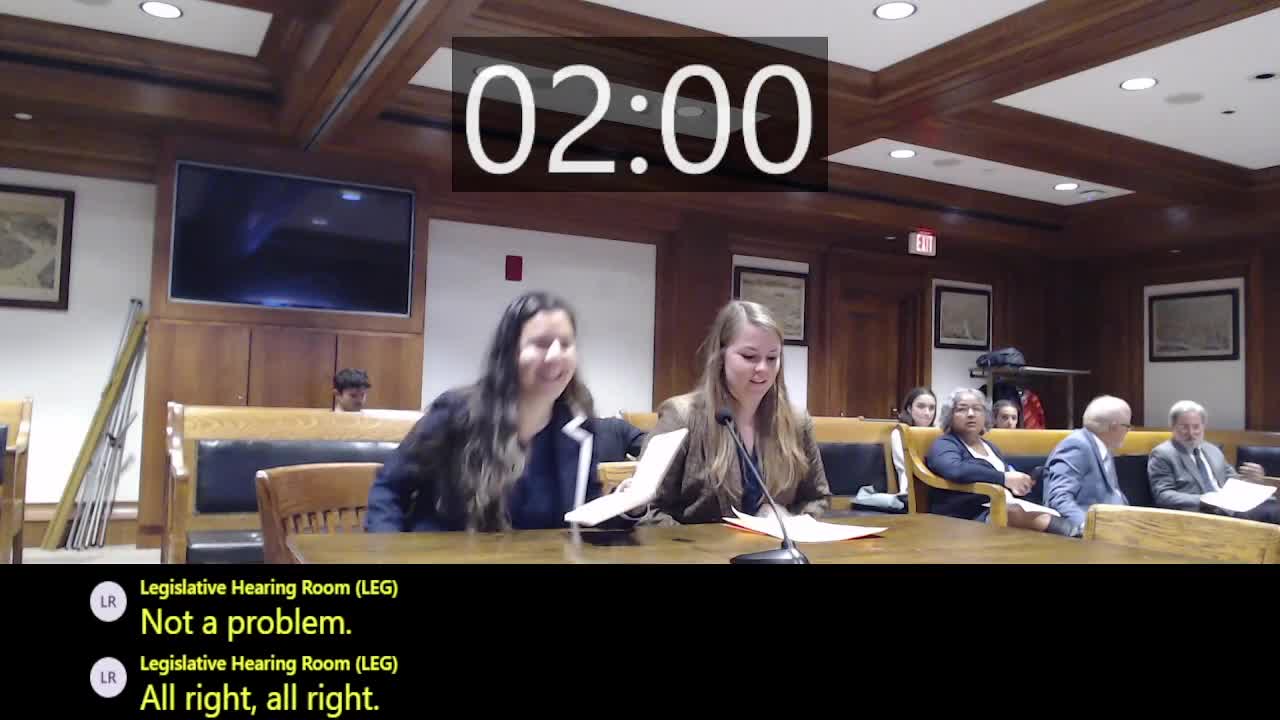Coalition presses for Fairness for Farm Workers Act to end subminimum wage and add breaks
Get AI-powered insights, summaries, and transcripts
Subscribe
Summary
A coalition of legal aid groups, the ACLU and farmworker advocates urged the committee to pass H2108 to apply the state minimum wage, paid breaks and paid time off to agricultural workers who currently can be paid a subminimum $8 hourly rate under state law.
BOSTON — Legal advocates, farmworker project staff and civil‑rights groups urged the Joint Committee on Labor and Workforce Development to advance the Fairness for Farm Workers Act (H2108) that would eliminate a longstanding subminimum wage for farm labor and add paid breaks and accrued paid time off.
Speakers said many farmworkers perform arduous, skilled seasonal labor, routinely work long hours in difficult conditions, and often lack access to health care, paid leave and other workplace protections afforded to most Massachusetts workers.
Maya McCann Som of the Central West Justice Center described cases where a worker who fainted from heat returned to the field the same week and a dairy worker lost on‑farm housing after requesting Sunday off. “Farm workers work very long hours, often 60 to 70 hour weeks during the harvest season in all weather conditions,” she told the committee, and the bill would ensure a state minimum wage, two paid short breaks and the ability to bank paid time off to avoid forcing workers to choose between family and pay.
Harris Freeman, a labor law professor and former Commonwealth Employment Relations Board member, said the exclusion of farmworkers from the state minimum wage has deep roots and should be corrected. “The Fairness for Farm Workers Act provides targeted legal standards ending the subminimum wage,” he said.
Representatives of farm interests testified earlier in the hearing that they support a minimum‑wage change but raised concerns about some provisions such as daily breaks and paid time off; representatives said they wished to continue negotiations with advocates.
Advocates asked the committee to report the bill favorably. Committee members questioned how the law had retained the $8 subminimum wage; witnesses pointed to historical exemptions and legislative compromises dating back decades. No committee vote occurred during the hearing.
